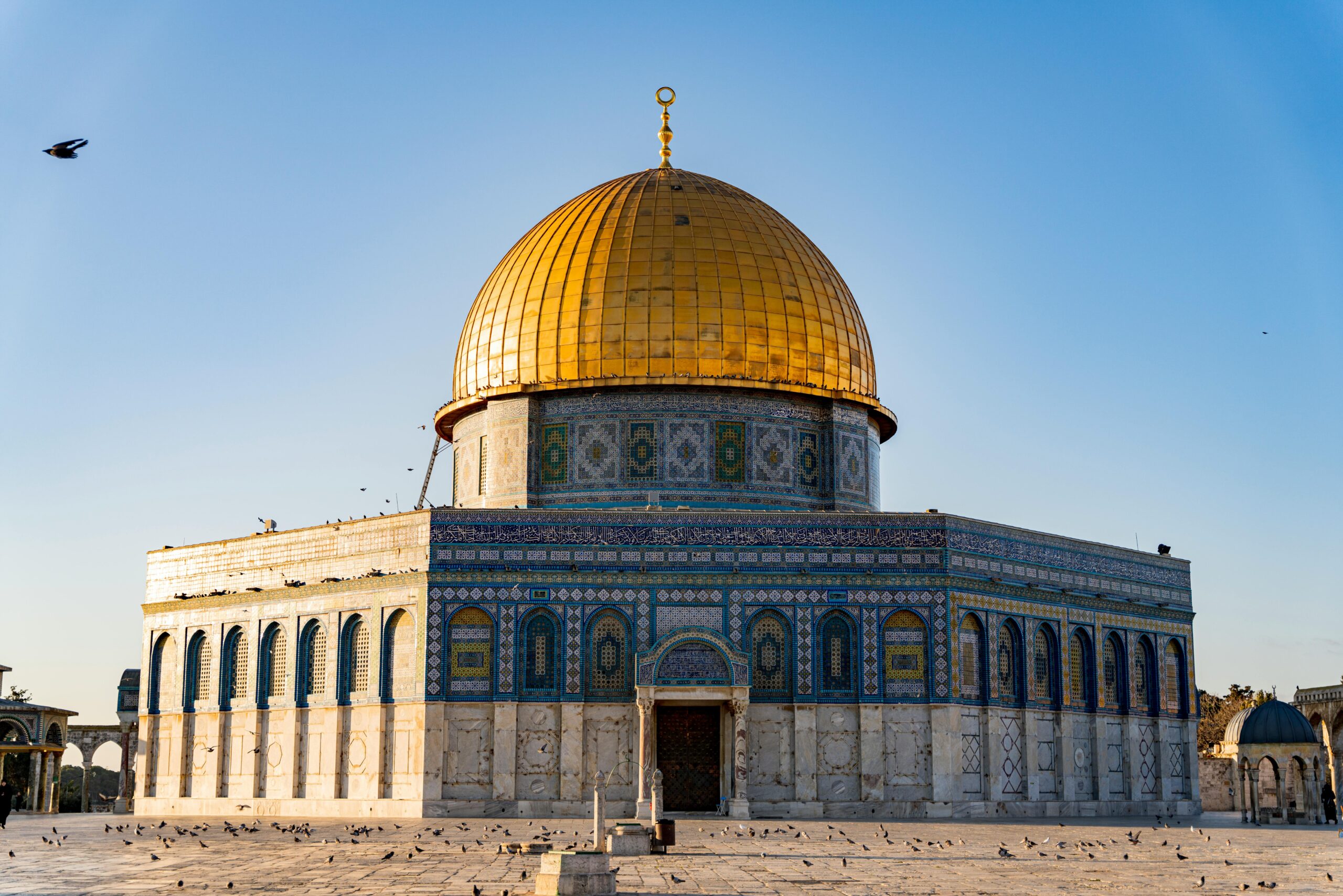Introduction
Nestled in the vibrant neighborhood of Koekelberg in Brussels, the Mosquée Al Nasr in Koekelberg stands as a significant religious and cultural landmark. This mosque, with its rich history and active community involvement, has become a vital part of the local landscape. It serves not only as a place of worship but also as a center for community activities, education, and cultural exchange.
Historical Background
The Mosquée Al Nasr was established in the early 1990s, at a time when the Muslim population in Brussels was growing rapidly. Immigrants from North Africa, Turkey, and other parts of the Muslim world were settling in the city, bringing with them their faith and traditions. The need for a dedicated space for worship and community gatherings became evident.
A group of community leaders and volunteers came together to establish the mosque. They envisioned a place where Muslims could practice their faith freely, and where their children could learn about their religion and heritage. The name “Al Nasr,” meaning “The Victory” in Arabic, symbolizes the triumph of faith and unity.
Architectural Design
The architectural design of the Mosquée Al Nasr is a blend of traditional Islamic and modern elements. The mosque features a large prayer hall, adorned with intricate calligraphy and geometric patterns. The use of natural light and open spaces creates a serene and welcoming atmosphere.
The minaret, a key feature of the mosque, stands tall as a symbol of Islamic architecture. It is visible from various points in Koekelberg, serving as a reminder of the mosque’s presence and its role in the community. The mosque also includes facilities such as classrooms, a library, and a community hall, reflecting its multifaceted role.
Role in the Community
The Mosquée Al Nasr plays a crucial role in the Koekelberg community. It serves as a place of worship, where Muslims gather for daily prayers, Friday sermons, and religious festivals. The mosque also hosts various educational programs, including Quranic classes, Arabic language courses, and religious lectures.
Beyond its religious functions, the mosque is a hub for social and cultural activities. It organizes events such as community dinners, cultural exhibitions, and interfaith dialogues. These activities foster a sense of community and promote understanding and cooperation between different cultural and religious groups.
Educational Programs
Education is a cornerstone of the Mosquée Al Nasr’s mission. The mosque offers a range of educational programs for both children and adults. These include:
- Quranic Classes: Children and adults can attend classes to learn how to read and understand the Quran. These classes are held on weekends and during school holidays.
- Arabic Language Courses: Understanding Arabic is essential for reading the Quran and understanding Islamic texts. The mosque offers Arabic language courses at various levels.
- Religious Lectures: Scholars and speakers are invited to give lectures on various aspects of Islam, including theology, history, and contemporary issues.
- Workshops and Seminars: The mosque hosts workshops and seminars on topics such as family life, health, and social issues, providing valuable information and support to the community.
Community Outreach
The Mosquée Al Nasr is committed to serving not only its congregation but also the wider community. It engages in various outreach activities, including:
- Charity Work: The mosque organizes food drives, clothing donations, and fundraising events to support those in need, both locally and internationally.
- Interfaith Dialogue: The mosque actively participates in interfaith initiatives, fostering dialogue and understanding between different religious communities. These efforts help build bridges and promote peace and tolerance.
- Youth Programs: Recognizing the importance of engaging the younger generation, the mosque offers programs and activities tailored to youth. These include sports events, educational trips, and leadership training.
Challenges and Achievements
Like many religious and community institutions, the Mosquée Al Nasr faces its share of challenges. These include funding limitations, maintaining the facilities, and addressing the diverse needs of its congregation. However, the mosque has made significant achievements in overcoming these challenges.
Through the dedication and hard work of its volunteers and supporters, the mosque has continued to thrive. It has successfully raised funds for renovations and expansions, ensuring that the facilities meet the needs of the growing community. The mosque’s programs and activities have also received positive feedback, attracting participants from various backgrounds.
The Future of Mosquée Al Nasr
Looking ahead, the Mosquée Al Nasr aims to continue its mission of serving the community and promoting understanding and cooperation. Plans for the future include:
- Expanding Educational Programs: The mosque intends to expand its educational offerings, including introducing new courses and workshops. This will help meet the evolving needs of the community and provide more opportunities for learning and growth.
- Enhancing Facilities: Ongoing renovations and upgrades will ensure that the mosque’s facilities are modern, comfortable, and accessible to all. This includes improving the prayer hall, classrooms, and community spaces.
- Strengthening Community Ties: The mosque will continue to focus on building strong relationships within the community and with other religious and cultural groups. This includes increasing participation in interfaith activities and community events.
- Youth Engagement: Recognizing the importance of the younger generation, the mosque plans to enhance its youth programs. This includes providing more opportunities for leadership development, community service, and personal growth.
Conclusion
The Mosquée Al Nasr in Koekelberg stands as a testament to the strength and resilience of the Muslim community in Brussels. It is a place of worship, a center for education, and a hub for community activities. Through its various programs and initiatives, the mosque has made a significant impact on the lives of its congregation and the wider community.
As it looks to the future, the Mosquée Al Nasr remains committed to its mission of promoting faith, education, and community. Its ongoing efforts to serve and support the community will ensure that it continues to be a beacon of faith and unity for years to come.
Key Takeaways
- Historical Background: The Mosquée Al Nasr was established in the early 1990s to serve the growing Muslim population in Brussels. It symbolizes the triumph of faith and unity.
- Architectural Design: The mosque blends traditional Islamic and modern elements, featuring a large prayer hall, a tall minaret, and facilities for education and community activities.
- Role in the Community: The mosque serves as a place of worship and a hub for social and cultural activities, fostering community ties and promoting understanding between different groups.
- Educational Programs: The mosque offers Quranic classes, Arabic language courses, religious lectures, and workshops, emphasizing the importance of education.
- Community Outreach: The mosque engages in charity work, interfaith dialogue, and youth programs, serving the wider community and promoting peace and tolerance.
- Challenges and Achievements: Despite facing challenges, the mosque has achieved significant success through the dedication of its volunteers and supporters.
- Future Plans: The mosque aims to expand its educational programs, enhance its facilities, strengthen community ties, and engage the youth in meaningful ways.
The Mosquée Al Nasr continues to be a vital part of the Koekelberg community, embodying the values of faith, education, and community. Its impact and influence will undoubtedly continue to grow, inspiring future generations and fostering a more inclusive and understanding society.



